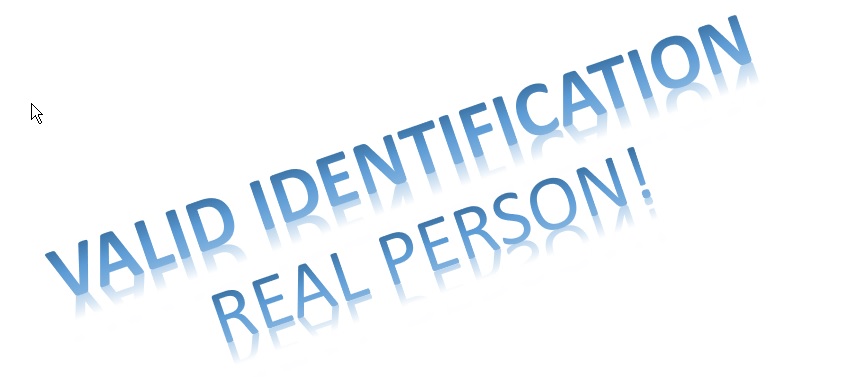Problem:
How do you know if a conversations you are having on a Social Network is happening with a genuine person?
Example of the problem: A Facebook friend complained that another person has stolen her pictures and added them to his/her profile, creating a false image for the account and also confusing the friends of the person who genuinely owned the images.
I know this seems to be intelectual property theaft, that it could be solved through a law suite, etc, but that is not going to be the focus of my post.
Thinking of this and also knowing about the Apple face recognition software Face ID , Google Images, the announced but not yet fully delivered and adopted Facebook Face Recognition features and multiple other Face Recognition Systems, this idea came to me:
Lets use Face Recognition to Validate Social Media accounts
This actually sounds super simple as the technology already exists (see the examples from above), it would only need an implementation that would add a ‘disappearing’ watermark that would validate a photo saying ‘<Application> Verified’!
What wold this solve? Well here are at least a few cases:
- Identity theft, see the example from above for my friends Facebook photos;
- Veracity confirmation, which could confirm a real human being is handeling the account, not an automated AI Boot. You can read this article if you are interested in the subject;
- Account theft, in case someone else is using your account without your permission;
- Eventually, account deletion.
Lets first discuss how Facebook is planning to use the Face Recognition . A summary is pretty much well described in this tweet:
- Find photos you’re in but haven’t’ been tagged;
- Help protect you from strangers using your photo;
- Tell people with visual impairments who’s in your photo or video.
You can read more abut it in Facebook Newsroom.
Might be my personal impression, but it appears that this feature is mainly going to be used to keep people on the Facebook platform even longer (which is one of their main goal actually). If You’d use it to protect yourself from strangers using your photo, you would still have to report those strangers, wait Facebook to process your report, take action etc. It might take some time till the problem get fixed and by then, the harm to your image might already been done.
No, this is not what I’m talking about.
Imagine that every, and by every I mean literally every portrait picture on Facebook, Linkedin, Google +, Tumblr or any other Social Media network (there are lots of them), would have a watermark saying ‘Facebook Verified’ / ‘Google Verified’ etc, confirming that person that posts the image is the real person behind the account. Yes, there might be some edge cases, when you want to post a picture for a special cause, but even then, not showing the ‘Verified’ watermark would rather help support your cause better.
Also, the Face recognition should be triggered only on demand, rather as often as you verify your mobile number or recovery email address. It should definitely not be used on a daily basics as Facebook proposes it (another ‘minus’ for Facebook on this one) which is too intrusive and could be made in moments you would not like for Facebook to capture a picture of you.
Yes, you might see something rather similar on more or less legit Dating sites. But their reasoning is a lot different and their process does not seam to be automatic. If this requires a human to double check the identity that would be a huge throw back for the adoption. It would need to be fully automated, using already existing algorithms and methods and on user’s request triggered only. Yes a human should have the option to override the ‘machine decision’ but that should happen only if it’s truly needed.


2 thoughts on “Profile Validation Watermark”
A variation of the idea was implemented by Tinder and released in January 2020. I had nothing to do with th e decision to add the feature, nor with it’s implementation, but somehow that validates the idea even more: https://www.theverge.com/2020/1/23/21077423/tinder-photo-verification-blue-checkmark-safety-center-launch-noonlight
These options present a greater variety of choices for
the experienced meditator than any of the other apps we
thought-about.